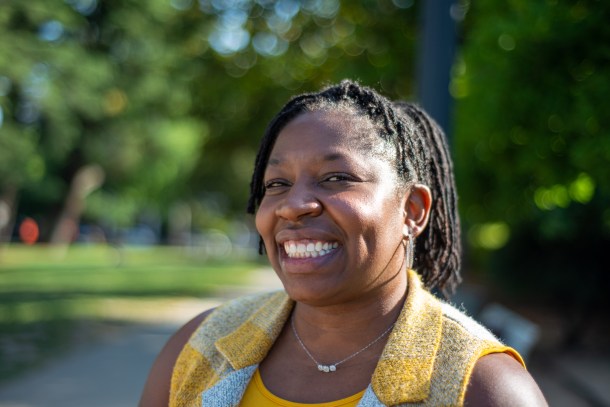By Sterling Davies | Special to The OBSERVER
With President Joe Biden’s term ending, all eyes turn to what President-elect Donald Trump has planned for the next four years and how these changes might affect the United States for years after.
Shortly after the presidential election was called the morning of Nov. 6, Trump began rapidly selecting members for his new Cabinet, many of whom have come with a wave of opinions targeted at how Trump has deviated from how Cabinets are typically formed.
“Some of [his picks] are really interesting,” said Christopher Towler, a Sacramento State political science professor who is an investigator in the Black Voter Project. “Most presidents will make appointments for people who they feel like will toe the party line, if you will … but the way that [Trump’s] doing it has very little regard for actual qualifications and ability to run the position, and that’s sort of a break from the norms.”
With picks such as Kash Patel for FBI director, Pam Bondi for attorney general after Matt Gaetz withdrew from consideration, and former Fox News anchor Pete Hesgeth for defense secretary, professors and experts note how Trump seems to favor officials who might show more loyalty to him.
“He’s definitely trying to bring in more people who are central to Trumpism, whatever that is,” said Harry Blain, a Sacramento State assistant professor of political science. “It’s definitely something that’s different from the traditional Republican Party to quite a significant extent.”
While Trump has appointed dozens of officials for positions already, Cabinet nominees must be confirmed by the Senate, and “there’s more of a chance we might see a nominee not get confirmed,” than in his previous term, Towler said.
While the Senate approved his 2016 Cabinet, countless members of his first administration, including Secretary of Homeland Security Kirstjen Nielsen, Secretary of Defense James Mattis and Attorney General Jeff Sessions, resigned or were fired within the term.

Along with his Cabinet, Trump’s past of targeting those who push against his plans might further allow him to follow through on his proposals, including his intentions to roll back DEI programs. Carmen-Nicole Cox, former president of the Wiley Manuel Bar Association and a board member of Wiley Manuel and the California Association of Black Lawyers, said corporations and school districts already have begun to cut back DEI initiatives in response to Trump’s statements to do so when he takes office.
“These [DEI] programs exist in the first instance because of the historic and contemporary anti-Black racism that exists in our public education systems, and these programs are already being rolled back because Trump has threatened to go back,” Cox said. “There’s enough pressure that folks will, I believe, vote against what they know is right in order to keep Trump and his allies from targeting them because those targets are scary.”
Even with Republicans controlling the House and the Senate, Trump’s actions must first pass through Congress, which might halt some of his efforts.
“A lot of things domestically will require legislation,” Blain explained. Subjects that Trump and the Republican Party have discussed such as abortion, education, and transgender rights will be decided through congressional action, which could slow or prevent certain changes Trump plans to implement.
A Trump presidency could see faster changes in international policy, such as toward wars overseas and immigration. Regarding the war in Ukraine, Trump has been adamant that he would work towards a deal to end the war, which, Blain noted, is “theoretically possible and certainly constitutionally possible within his power. … He’s not going to need very much formal approval from the United States Congress.”
Similarly, Trump most likely will prioritize action on immigration, as professors note that the executive branch wields broad authority in this area. “I suspect that a lot of the immigration plans will be achieved by the Trump administration,” Blain said. “They’re going to start with people who’ve got final orders for deportation, and so I think on that front, there will definitely be movement.”
Blain explained how Trump and Vice President-elect JD Vance will work quickly to increase deportations and support military strength at the southern border. “The historical record is pretty clear that if presidents want to ramp up deportations … then they can do so,” he said.
Trump’s immigration policy will affect the nation’s Black community as well, Cox said. “You have a significant number of Black immigrants coming to us from Caribbean islands. We have a significant number of Black immigrants coming to us from Africa, and they have the hardest time getting their DACA applications approved,” she said. “They are amongst the first to be deported.”
What the next four years of a Trump presidency hold leaves many questions. However, it seems safe to presume it will reshape the Republican Party for future elections.
“It’s not a traditional Republican administration … we’re not witnessing necessary far-right politics, we’re witnessing classic populist politics,” Blain said. “And if he’s successful in doing that, then I think the Republican Party could be in a very strong position in national American politics for a long time.”






